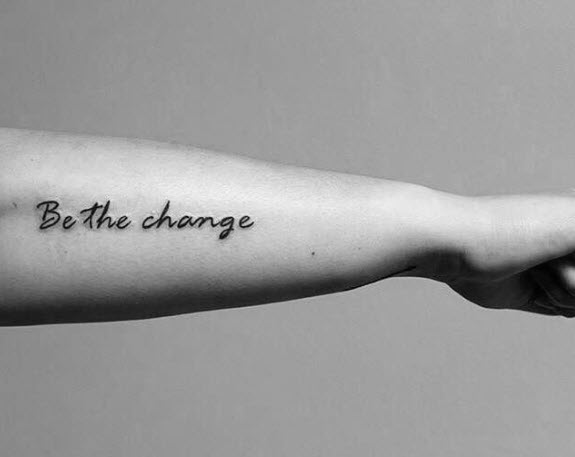I am 41, and I still dress like I am 14. My closet is full of skateboarding t-shirts, and most often you’ll find Vans on my feet.
I actually do own some nice clothes and spend 40 hours a week looking like I live in a Dockers commercial. But I always return to what is comfortable for me.
I haven’t even stood on a skateboard for at least a few years. And the last time I checked, my skateboarding abilities had greatly diminished over the last 25 years. There was a time, though, when I was skilled.
I first started skating around 11 years old, and over the five years that followed, I invested countless hours honing my abilities. By the time I was 16, I was proficient with a skateboard.
Over the next couple of years, this hobby would fizzle from my life. But skateboarding, as part of my identity, stuck. In the 25 years since then, I have had many other hobbies and interests, but my first love for seven-ply decks and polyurethane wheels still lingers.
A few formative years in my youth forged a portion of my identity that has transcended nearly three decades. The formation of a life-long label happens to many of us.
For some, we learned we were good at something as an adolescent, and we obsessively honed that area of our lives. And though we no longer play football, gig in a band or dance competitively, those are still key pieces of our identity.
Others had negative labels applied to our lives early on that still haunt us. Even though I was good at skateboarding, I was mostly terrible at traditional sports. Standing 6-foot-3, many folks assume I possess some basketball abilities. They assume wrong.
My ineptitude at sports still affects me to this day. When someone asks if I want to play basketball, I flash back to seventh grade and feel like that lanky awkward kid who was bound to embarrass himself.
I know I am not alone. We all have tags that have been placed on us. Whether we were clumsy, weird or we just made some poor decisions along the way, we have all likely had negative labels applied to our lives.
Even worse, we have probably applied some of those labels to ourselves. We tag ourselves as not good enough, not smart enough or not attractive enough – when in fact we are enough.
We do the same in our relationships. When our marriage hits rocky patches or we don’t measure up to the social media feeds of our friends, we tag our relationship as damaged.
When our dreams of a fairy tale marriage dissolve into the reality of broken vows and violated trust, we label our relationship as irreconcilable.
When we identify our spouses as lazy, uncaring or self-centered, the more we view them through that lens. Then it becomes easier to see all of their habits that support this view and harder to see the positive traits they possess.
My suggestion (learned the hard way) – lose the labels. Don’t tag your relationship with a label that will become a self-fulfilling prophecy.
If you view your relationship as beyond repair, it won’t be repaired. If you see your spouse as unworthy, you won’t recognize their worth. If you see yourself as not enough, you’ll never be enough.








 I have weeds. My yard is full of them. Since we built our house, I’ve enlisted the help of lawn care professionals to help me get my sod established and keep it weed free. This year, however, my cheapness and my pride conspired to convince me that I didn’t need no stinking lawn care guy!
I have weeds. My yard is full of them. Since we built our house, I’ve enlisted the help of lawn care professionals to help me get my sod established and keep it weed free. This year, however, my cheapness and my pride conspired to convince me that I didn’t need no stinking lawn care guy!
